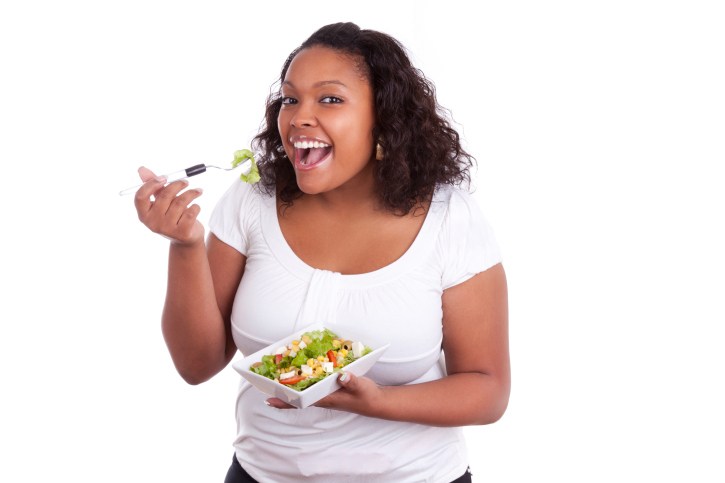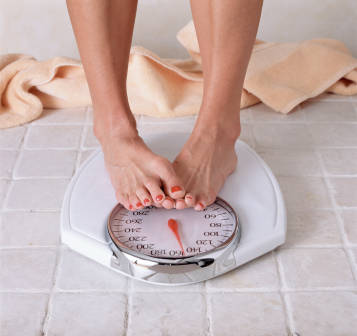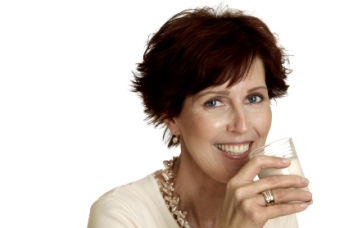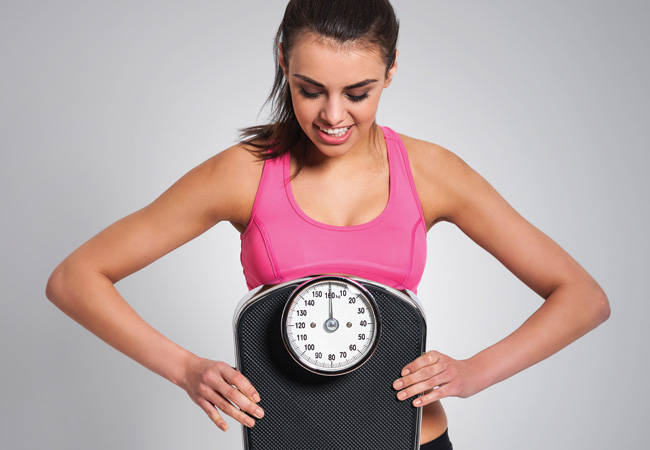Kidney stones in women raise the risk of stroke and coronary heart disease (CHD)
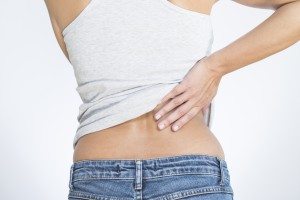 Kidney stones in women raise the risk of stroke and coronary heart disease (CHD). Lead researcher Yanqiong Liu said, “People should be concerned about kidney stones. Evidence suggests an association between kidney stones and incident cardiovascular disease, even after adjusting for other cardiovascular risk factors.”
Kidney stones in women raise the risk of stroke and coronary heart disease (CHD). Lead researcher Yanqiong Liu said, “People should be concerned about kidney stones. Evidence suggests an association between kidney stones and incident cardiovascular disease, even after adjusting for other cardiovascular risk factors.”
The meta-analysis study reviewed over 3.5 million patients of which nearly 50,000 patients reported having kidney stones. Those individuals with kidney stones had a 19 percent higher risk of CHD and a 40 percent higher risk of stroke. Furthermore, women were found to be at a higher risk than men.
Liu added, “The evidence for an increased risk of myocardial infarction in female kidney stones patients but not in male kidney stones patients is suggestive but not conclusive. It was unexpected and difficult to explain. We feel these findings need to be confirmed by further prospective studies, in which the mechanisms underlying this association should be examined.”
Thomas Manley, director of scientific activities, National Kidney Foundation, explained, “Kidney stones are common, and with their association to coronary heart disease and stroke found in this study it suggests that a thorough cardiovascular assessment should be considered in patients who develop kidney stones. It also suggests that anyone developing a kidney stone should seriously think about lifestyle modifications, such as weight loss, diet improvement, smoking cessation, and exercise, that will help prevent the development of both kidney stones and vascular disease.”
Kidney stone symptoms in women
As we previously reported on the symptoms of kidney stones in men, women, and children, although there is plenty of overlap, symptoms of kidney stones in men and women can vary based on the differences of each gender’s urinary tract.
Symptoms of kidney stones in women can include pain of the vulva, itching of the vulva and discharge, symptoms that are similar to ectopic pregnancy (if pregnant), ovulation/menstrual pain, cystitis, UTI, hernia, vaginitis, along with back pain, frequent urination, and blood in the urine.
Kidney stone treatment to lower heart disease, stroke risk in women
If small enough, a kidney stone will pass through the urinary tract and be released from the body. But large kidney stones can cause blockages, which will require medical intervention. Medical intervention commonly occurs if the stone is too large to pass, the pain is severe, and when there is an infection or significant bleeding.
There are numerous ways for your doctor to remove a kidney stone, including extracorporeal lithotripsy where shock waves break down the stone, percutaneous ultrasonic lithotripsy where ultrasound breaks up the stone and the fragments are removed, laser lithotripsy where a laser is used to break up the stone, and ureteroscopy where a scope is entered through the urethra to the bladder to reach the stone.
The size and symptoms will help determine what type of procedure you will required to treat the kidney stone. In the meantime, stay well hydrated to prevent kidney stones from forming.
Kidney stone risk may be reduced with DASH diet plan
Kidney stone risk may be reduced with a DASH diet plan. The DASH diet is commonly recommended to individuals looking to lower their blood pressure through dietary intervention. The DASH stands for Dietary Approaches to Stop Hypertension. Well, a study now suggests that the DASH diet may be more effective than a low-oxalate diet for reducing the risk of kidney stones. Continue reading…
-
Im considering having my ears stapled to help me lose weight. Does this work?
Ear stapling for weight loss isnt likely to work — and it poses
-
8 Points to Ponder Before You Buy Diet Pills Online
Obesity crisis are worsening. The rate of increase of obesity in pe
-
Science Reveals Yet Another Reason Not To Step On The Scale
-
Quick Weight Loss Tips - Dieting For Idiots
Weight loss programs are the most popular topics of talks these days.
-
Is There A Secret To Fat Loss? Is Quick Weight Loss Achievable?
Obesity and excess fat are epidemics around the world today and especi
-
Tasty Tips for Low Carb Diets
Low carb diets can seem like a huge hassle. These diets also seem to g
- DON'T MISS
- What Are The Best Fat Burning Foods?
- Adding Hoodia to Your Diet
- The Secret Weight Loss Machine
- Weight Loss On Your New Years Agenda Prepare For The Top Weight Loss Scams Of 2006 PART 4
- How To Lose Weight And Gain Muscle?
- Fat Loss Can Jump Start Your Metabolism Quickly
- Weight Watchers Taco Soup Recipes
- Is Stress Making You Fat? Probably
- 3 Ways to Burn More Calories During Your Workout
- The Healthiest Choice for Older Adults
